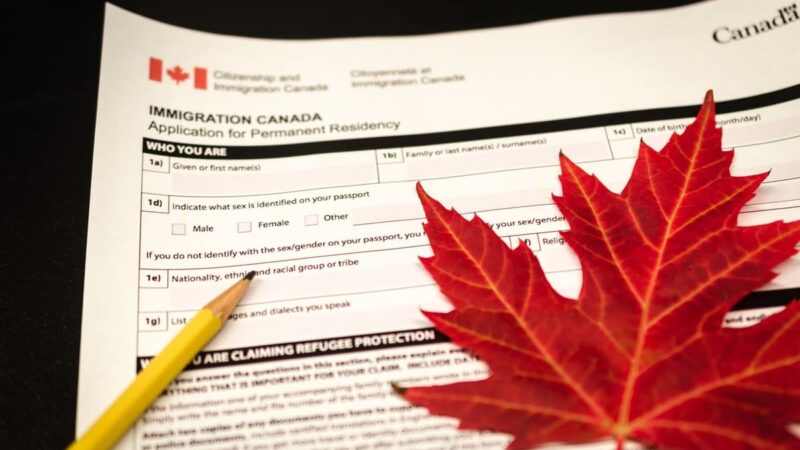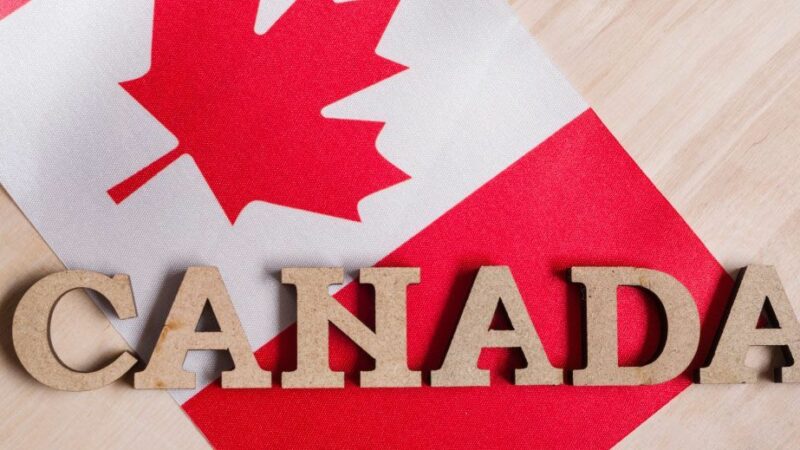How to get a Clinical Experience in Canada

In this article, I will discuss how to get clinical experience in Canada (hands-on observationship).
This is is a game-changer for international medical graduates who have already finished medical school. And have not got any sort of electives in Canada during medical school. But would like to have Canadian experience and even better you like to have hands-on clinical experience in Canada.
We know how important that experience is, in order to be competitive with other international medical graduates that are applying for very few positions in Canada.
How can I get the observership in Canada?
The best way of finding that out is to search online for observership and put the province where you want to go.
You can search using terms like observership British Columbia, observership Nova Scotia and observation Saskatchewan, and medical observership.
You will find some hospitals that might already have some processing place on how to do that.
You can also do this if you are already in these places, and you already have contact with someone.
Let’s say the family physician. If you want to do family medicine, you can also ask them to do that for you.
It is more of an informal process. It is not as formal as a residency or a fellowship. You have to go out there and ask. If you do not try, you are not going to get it.
So, search for it online, talk to physicians, talk to people who have done it, and that’s how you’re going to find those opportunities
Recommended:
10 Best Cities to Live in Canada for Immigrants with family & kids 2021
How to Get Clinical Experience in Canada (Hand on Observationship)
You are probably thinking if I already finished medical school. And I did not do an elective in Canada I probably am not going to be able to have any sort of hands-on clinical experience. Well, that is the case in Ontario.
In Ontario, the college of physicians and surgeons is pretty clear to say that if you don’t have a medical license you are not able to talk to patients and take their history and do physical examinations and participate in procedures.
You are just there to watch. You are really an observer.
Now is that like that in every Canadian province?
No, there are three provinces that will allow you to be an observer but not only observe also pretty much participate in the care of the patients.
Two of these provinces will ask you to get a permit from their college of physicians and surgeons. While one province has it a little less formal but will also allow you to talk to the patients and do physicals under the supervision
Saskatchewan: Province With the Least Formal Process
The first province we are going to talk about is the province of Saskatchewan.
I am starting with Saskatchewan because it has the least formal process for you to be an observer and get clinical experience in Canada.
To interview patients and families to physicals, and even assist in medical procedures, you do not have to apply to the college of physicians and surgeons of Saskatchewan.
However, you do have to find a physician that will want to have you around shadowing and observing, and perhaps helping some of the things.
What does a physician suppose to do?
The physician will have to supervise you in all capacities. You really cannot do anything by yourself.
The physician will have to ask the patients whether they can do that physical activity or even participate in the medical procedure or not. Moreover, the physician has to say that you’re an observer with them.
What do to if you are a doctor from another country?
There are chances that a doctor from another country would like to start practicing in Canada.
In Saskatchewan, you can observe the supervising physician as a normal observership.
You can talk to patients and families. You can perform physical examinations in the presence of your supervisor, which is an important thing to do.
What are the constraints?
You are also able to assist the supervising physician in medical procedures. That will be a good clinical experience in Canada.
But the thing is what you cannot do in Saskatchewan?
Well, you cannot get paid for it. It is not a job. It is an opportunity for you to further your career.
It will be basically non paid clinical experience in Canada
You cannot ever write anything on the chart. You cannot prescribe, or you cannot give medical advice as you are not a doctor.
It is also pretty specific that you cannot use the titles of an assistant physician, an assistant clinical associate, or a clinical assistant for yourself.
British Columbia
The next province we will talk about is British Columbia.
I know a lot of people who would like to immigrate to British Columbia. It is a beautiful place in Canada
Requirements
In British Columbia, you have to get a permit from the college of physicians and surgeons of British Columbia.
For that, you have to register as a clinical observer. You have to present them with your medical degree. Also, your school has to be listed in the world directory of medical schools, and it has to have a Canadian sponsor.
Note that you must have already passed your MCCQE1. So, you should have already sent your medical degree and your MCC and it is already going to be with the physicians you applied to.
But your medical degree should also have gone there and already be verified.
It is important to say that you must have to be either a PR or a citizen or be legally able to live and work in British Columbia.
IELTS is a necessary requirement
If your first language is not English, or you did not have your medical education or the patient interaction part of your medical education in English, then you have to have the IELTS, with a minimum of seven-band in each part of the IELTS.
You need to have certificates of professional conduct sent from where you used to practice before your home country or home province or state directly to the college of physicians and surgeons of British Columbia.
You need to pay CAD140 for the application fee.
Nova Scotia
Now, the last province we are going to talk about is Nova Scotia.
In Nova Scotia, you may observe an aspect of patient care, and that is, of course, what an observership generally is.
You may view medical records, and you may conduct clinical assessments or history in physical.
Nova Scotia’s process is similar to that of British Columbia.
Requirements
In Nova Scotia, you also have to apply to the college of physicians and surgeons of Nova Scotia. So, it is required that
- you have to be a graduate of a medical school.
- You have to have a letter of support from at least one physician who is licensed independently in the province of Nova Scotia that will support your application.
- You also must have a character reference from a non-relative that has known you for at least five years, so perhaps your boss, your program director, or somebody who knows you in a professional situation would be great. This person also has to be acceptable to the college for registration. So, choose wisely.
Check the complete guide for Clinical experience in Canada Nova Scotia.
Have your documents verified
You have to have all your documents verified by physiciansapply.ca.
What can you not do in Nova Scotia?
- You can do a physical exam under the direct oversight of the course.
- You may not write entries on the chart.
- You may not give advice or say that you are a doctor.
- You cannot make a diagnosis or prescribe any treatment.
- You also cannot take telephone calls from your uppers or your supervising physician.
- You cannot do a handover, and you cannot discharge patients.
Conclusion
So that’s it.
These are three provinces where you could find an observership and clinical experience in Canada. You can do both history and physical.
After that, your potential of getting a better letter of recommendation, increases significantly, of course, if you do a good job.


![Coursera Vs Pluralsight: Which is Best For You? [2024 Updates]](https://www.2-study.com/wp-content/webpc-passthru.php?src=https://www.2-study.com/wp-content/uploads/2023/12/Coursera-Vs-Pluralsight-800x450.jpg&nocache=1)
![Masterclass vs Skillshare: Here are the Key Differences [2024 Update]](https://www.2-study.com/wp-content/webpc-passthru.php?src=https://www.2-study.com/wp-content/uploads/2023/12/Masterclass-vs-Skillshare-800x450.jpg&nocache=1)


